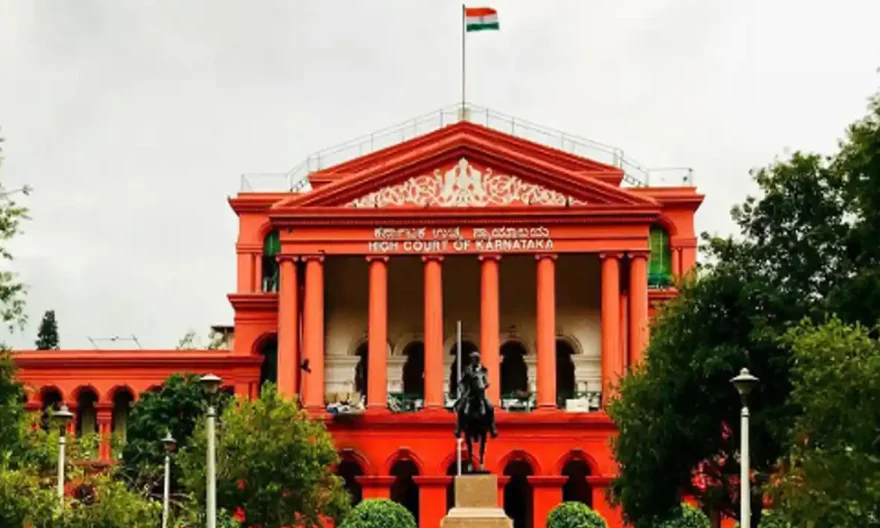
The prosecution against a couple, accused of abetting their nephew’s suicide through threats in a property dispute, has been dismissed by the Karnataka High Court.
Justice M Nagaprasanna emphasized “Proximate to the death must be a dynamic act, be it direct or indirect. It should be proximate to the occurrence of death and it should be instigation of the kind that it drives a person to commit suicide.”
The petitioners, who were involved in a property dispute with their nephew, filed a petition seeking the quashing of the chargesheet against them. The nephew had committed suicide in November 2021, leaving a death note accusing the petitioners of cornering him near the BBMP office in Bangalore in October 2021 and threatening to destroy his parents’ life.
The petitioners argued that the essential elements required for an offense under Section 306 of the IPC were not present in the case. They pointed out that the alleged death note mentioned an incident in October 2021, while the suicide occurred on November 23, 2021, which lacked proximity to hold them responsible.
The complainant opposed the plea, asserting that it was a matter to be determined during the trial.
The court acknowledged that abetment is crucial for establishing an offense under Section 306. It stated that if someone drives or encourages a person to commit suicide, the act would be punishable as abetment to suicide. The court emphasized that the presence of the elements outlined in Section 107 of the IPC is essential for proving an offense under Section 306.
The court referred to various Supreme Court decisions and emphasized that abetment requires a deliberate mental process of instigating or intentionally aiding a person in a certain act. “It should be a positive act on the part of the accused to instigate or aid commission of suicide failing which such cases of conviction cannot be sustained as there should be clear mens rea on the part of the accused to drive the deceased for commission of such act.”
In the present case, the court found that there was no proximity between the alleged instigations by the petitioners and the suicide. The court noted “They are legal proceedings taken up by the petitioners against the complainant and his family members. If the suicide note/death note is taken into consideration, it only narrates that in the month of October 2021 the petitioners had hurled abuses and have registered several proceedings against the complainant and his family members and therefore, the son commits suicide on 23-11-2021. There cannot be any proximity or any instigation which would drive the son of the complainant to commit suicide.”
Consequently, the court quashed the ongoing proceedings in the case.




